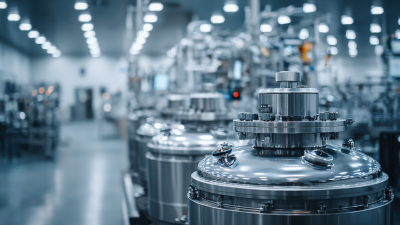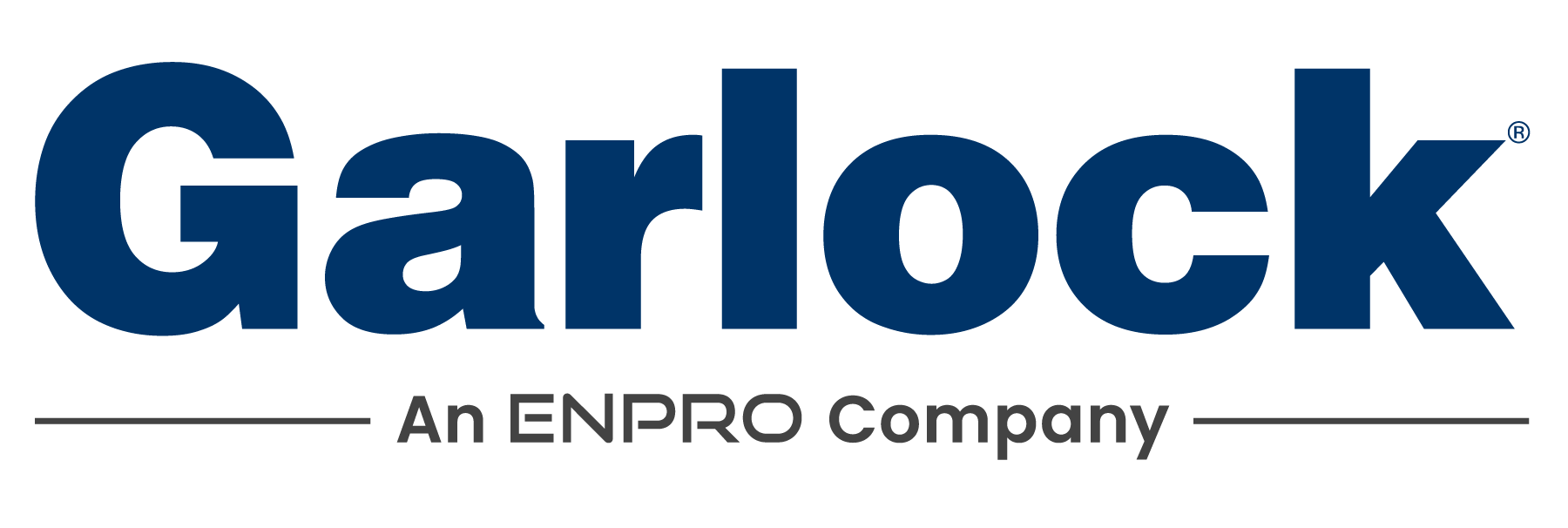Unlocking the Advantages of API Manufacturing for Enhanced Product Quality
 In today’s increasingly competitive pharmaceutical landscape, the quest for
enhanced product quality
is driving manufacturers to explore innovative solutions. One such solution that has
gained significant traction is API manufacturing,
which stands for Active Pharmaceutical Ingredient manufacturing. By adopting sophisticated
API manufacturing processes, companies can unlock distinct advantages that not only
improve efficiency but also elevate the overall quality of their products. This
guide delves into the multifaceted benefits of API manufacturing, highlighting how it
facilitates precision,
consistency, and
regulatory compliance
in drug production. As we explore the strategic importance of API manufacturing,
it becomes evident that enhancing product quality through these advanced methodologies
is not merely beneficial, but essential
for long-term success in the marketplace.
In today’s increasingly competitive pharmaceutical landscape, the quest for
enhanced product quality
is driving manufacturers to explore innovative solutions. One such solution that has
gained significant traction is API manufacturing,
which stands for Active Pharmaceutical Ingredient manufacturing. By adopting sophisticated
API manufacturing processes, companies can unlock distinct advantages that not only
improve efficiency but also elevate the overall quality of their products. This
guide delves into the multifaceted benefits of API manufacturing, highlighting how it
facilitates precision,
consistency, and
regulatory compliance
in drug production. As we explore the strategic importance of API manufacturing,
it becomes evident that enhancing product quality through these advanced methodologies
is not merely beneficial, but essential
for long-term success in the marketplace.
The Evolution of API Manufacturing: Trends and Future Directions
The evolution of Active Pharmaceutical Ingredient (API) manufacturing has been shaped by technological advancements and stringent regulatory demands. Traditionally characterized by labor-intensive processes, the industry is now witnessing a shift towards automation and the integration of sophisticated analytics. These innovations not only streamline production but also enhance precision in the formulation of pharmaceuticals. The adoption of continuous manufacturing techniques, for example, allows companies to reduce waste and improve efficiency, significantly impacting the overall sustainability of the production cycle.
Current trends indicate a burgeoning focus on personalized medicine, which necessitates more flexible manufacturing solutions. API manufacturers are adapting to this demand by implementing modular production systems that can be reconfigured for different compounds quickly. Furthermore, advancements in digital technologies, including AI and machine learning, are being leveraged to optimize yields and monitor quality in real-time. This revolution in API manufacturing not only promises to elevate product quality but also positions manufacturers to respond agilely to market fluctuations, further solidifying their competitive edge in the pharmaceutical landscape.
Unlocking the Advantages of API Manufacturing for Enhanced Product Quality
| Dimension | Current Trends | Future Directions | Advantages |
|---|---|---|---|
| Sustainability | Increased use of green solvents | Biodegradable materials in processes | Reduced environmental impact |
| Technology Integration | Adoption of AI in quality control | Blockchain for traceability | Enhanced product reliability |
| Regulatory Compliance | Stricter guidelines for production | Emergence of new standards | Increased market acceptance |
| Customization | On-demand production practices | Personalized medicine trends | Flexibility to consumer needs |
| Supply Chain Optimization | Local sourcing initiatives | Integration of IoT for tracking | Reduced lead times |
Key Benefits of API Manufacturing in Improving Product Quality
 API manufacturing, or Active Pharmaceutical Ingredient manufacturing, plays a crucial role in enhancing product quality in the pharmaceutical industry. It focuses on the production of the active components that provide therapeutic effects in medicinal products. By prioritizing high standards and stringent quality controls, API manufacturing ensures that the final products meet regulatory expectations and are safe for consumers.
API manufacturing, or Active Pharmaceutical Ingredient manufacturing, plays a crucial role in enhancing product quality in the pharmaceutical industry. It focuses on the production of the active components that provide therapeutic effects in medicinal products. By prioritizing high standards and stringent quality controls, API manufacturing ensures that the final products meet regulatory expectations and are safe for consumers.
One of the key benefits of API manufacturing is its ability to streamline processes while maintaining consistency. Implementing a quality-by-design approach allows manufacturers to identify and mitigate potential risks earlier in the development phase. Tips for achieving this include investing in robust testing methodologies and employing advanced analytics to monitor production variables. This proactive attitude not only safeguards product integrity but also results in cost savings over time.
Another advantage is the potential for customization and flexibility in formulation. API manufacturers can adapt to evolving market demands by tweaking the ingredient profiles without compromising quality. To harness this benefit, companies should foster collaborative relationships with suppliers and focus on innovative sourcing strategies. This adaptability ensures that manufacturers can respond to changes swiftly while delivering products that meet the highest quality standards.
Quality Assurance Protocols in API Production: Industry Standards Explained
In the pharmaceutical industry, the quality of Active Pharmaceutical Ingredients (APIs) is paramount. Rigorous quality assurance protocols must be in place to maintain compliance with industry standards, such as those outlined by the International Organization for Standardization (ISO) and the U.S. Food and Drug Administration (FDA). According to a report by the Global API Industry Report, adhering to these standards can reduce the risk of contamination and defects by up to 30%, which directly contributes to improved patient safety and product efficacy.
One essential aspect of quality assurance in API manufacturing is the implementation of Good Manufacturing Practices (GMP). A recent study published in the Journal of Pharmaceutical Sciences indicated that companies employing stringent GMP protocols experienced a 50% reduction in product recalls compared to those with lax standards. This highlights the critical role that quality assurance plays in sustaining not only the integrity of the API but also the overall trust in pharmaceutical products. Furthermore, continuous monitoring and regular audits ensure that API production remains aligned with evolving industry standards, ultimately leading to enhanced product quality and reliability in the market.
API Manufacturing Quality Assurance: Key Metrics
Case Studies: Successful API Manufacturing Implementation in Leading Pharma Companies
In the competitive landscape of pharmaceutical manufacturing, the successful implementation of Active Pharmaceutical Ingredients (API) manufacturing has emerged as a game-changer for many leading companies. By focusing on case studies from industry leaders, we can identify key strategies that have significantly enhanced product quality and operational efficiency. For instance, Company A streamlined their production processes by investing in advanced technology, resulting in a notable reduction in contamination risks and an increase in yield.
Tips for successful API manufacturing include: prioritizing supplier quality management and regulatory compliance from the outset. Engaging with trusted suppliers who have a strong track record can prevent potential disruptions in the supply chain. Additionally, implementing robust QA systems throughout the production stages ensures that any deviations are quickly identified and addressed, thereby maintaining high-quality standards.
 Another critical aspect highlighted in these case studies is the importance of cross-functional collaboration. Teams across R&D, production, and quality assurance must work closely to ensure that all aspects of API development align with the quality goals set by the organization. Regular training and workshops can foster better communication and enhance the understanding of APIs among teams, improving overall product outcomes.
Another critical aspect highlighted in these case studies is the importance of cross-functional collaboration. Teams across R&D, production, and quality assurance must work closely to ensure that all aspects of API development align with the quality goals set by the organization. Regular training and workshops can foster better communication and enhance the understanding of APIs among teams, improving overall product outcomes.
Quantifying the Impact: How API Innovations Drive Cost Efficiency and Quality Improvements
In the rapidly evolving pharmaceutical landscape, the significance of Active Pharmaceutical Ingredient (API) manufacturing innovations cannot be overstated. Recent advancements in digitalization are paving the way for substantial improvements in both cost efficiency and product quality. A recent study highlighted that implementing digital solutions in API manufacturing could lead to a reduction in production costs by up to 20%, while simultaneously enhancing the consistency and purity of products. This dual benefit is crucial for manufacturers aiming to meet stringent regulatory standards and consumer expectations.

Moreover, the increasing focus on decarbonization within the industry further underscores the importance of innovation. A report indicated that API companies could potentially decrease their carbon footprint by as much as 30% through the adoption of sustainable manufacturing practices and technologies. This not only aligns with global sustainability goals but also positions these companies as leaders in corporate responsibility, ultimately resulting in a more favorable public perception and increased market competitiveness.
By quantifying the impact of such innovations, it becomes evident that API manufacturing is not merely a technical endeavor but a strategic advantage in driving overall industry growth and sustainability.
Related Posts
-

The Ultimate Guide to API Manufacturing: Unlocking Efficiency in Pharmaceutical Production
-

Unlocking Global Markets: Top 7 Certifications for Best Pharmaceutical Equipment Exports
-

Ultimate Guide to Selecting the Best Pharmaceutical Processing Equipment for Your Needs
-

Unlocking the Secrets of Best Pharmaceutical Manufacturing Technical Specifications and Key Sourcing Strategies
-

10 Essential Insights for Pharmaceutical Manufacturing Success
